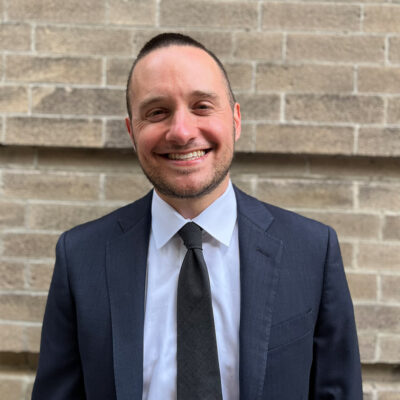Montana Supreme Court Strikes Down Voting Laws Intended to Disenfranchise Indigenous Voters
HELENA, Mont. — The Montana Supreme Court today ruled in favor of a collection of Native American organizations and tribes, holding that two state laws that hinder Native American participation in the state’s electoral process violate the fundamental right to vote under the Montana Constitution. The case, Western Native Voice et al. v. Jacobsen et al., was consolidated with a challenge brought by the Montana Democratic Party and various youth voting organizations.
One measure, HB 176, would have ended Election Day registration; the other, HB 530, aimed to prohibit paid third-party ballot assistance. Native American voters living on reservations disproportionately rely upon both Election Day registration and ballot assistance to cast votes in Montana. That is why in 2020, two Montana courts struck down a substantially similar measure to HB 530, finding the restriction on ballot collection disproportionately harmful to Native American voters in rural tribal communities. Today, the Montana Supreme Court found that both HB 176 and HB 530 disproportionately and unconstitutionally burdened the voting rights of Native Americans, in part because it is “much more difficult on average for people living on reservations to either get to a polling place on or before election day, or to mail an absentee ballot prior to election day.”
The decision affirms a September 2022 decision from the Thirteenth Judicial District Court, which permanently enjoined both HB 176 and HB 530 as unconstitutional. Plaintiffs Western Native Voice, Montana Native Vote, the Blackfeet Nation, the Confederated Salish and Kootenai Tribes of the Flathead Reservation, the Fort Belknap Indian Community, and the Northern Cheyenne Tribe filed suit, Western Native Voice v. Jacobsen, against HB 176 and HB 530 in May 2021. They are represented by the Native American Rights Fund, American Civil Liberties Union, ACLU of Montana, and Harvard Law School’s Election Law Clinic.
“Today’s decision is a resounding win for tribes in Montana who have only ever asked for a fair opportunity to exercise their fundamental right to vote,” said NARF Staff Attorney Jacqueline De León. “Despite repeated attacks on their voting rights, Tribes and Native voters in Montana stood strong, and today the Montana Supreme Court affirmed that the state’s legislative actions were unconstitutional. Native voices deserve to be heard and this decision helps ensure that happens.”
“Today the Montana Supreme Court resoundingly affirmed what Montanans already know to be true: that our modern constitution guarantees greater protections for individuals in our State,” said Alex Rate, deputy director of the ACLU of Montana. “This decision affirms one of our most cherished fundamental rights — the right to vote - which is particularly important to Indigenous voters who already face multiple barriers to the ballot box.”
“Today’s Montana Supreme Court decision is a great victory for our clients and all Native Americans in Montana, who have asked for nothing more than the ability to exercise their fundamental right to vote,” said Jonathan Topaz, staff attorney at the ACLU’s Voting Rights Project. “Once again, courts have struck down the Montana Legislature’s attempts to unconstitutionally burden the constitutional rights of Native Americans across the state. We will continue to fight for Native American voters in Montana and across the country to preserve their fundamental, constitutional right to vote."
“We are very pleased with today's landmark ruling by the Montana Supreme Court,” said Western Native Voice Executive Director Ronnie Jo Horse. “It stands as a testament to justice prevailing in defense of the rights of Montanans, especially those of Native Americans communities . By striking down laws that impede Native American participation in our electoral process, the court reinforces the principle of equitable access to voting services and the protection of the rights for all voters, especially those residing on reservations where voting barriers are much higher.”
The Montana Supreme Court’s ruling is here:





